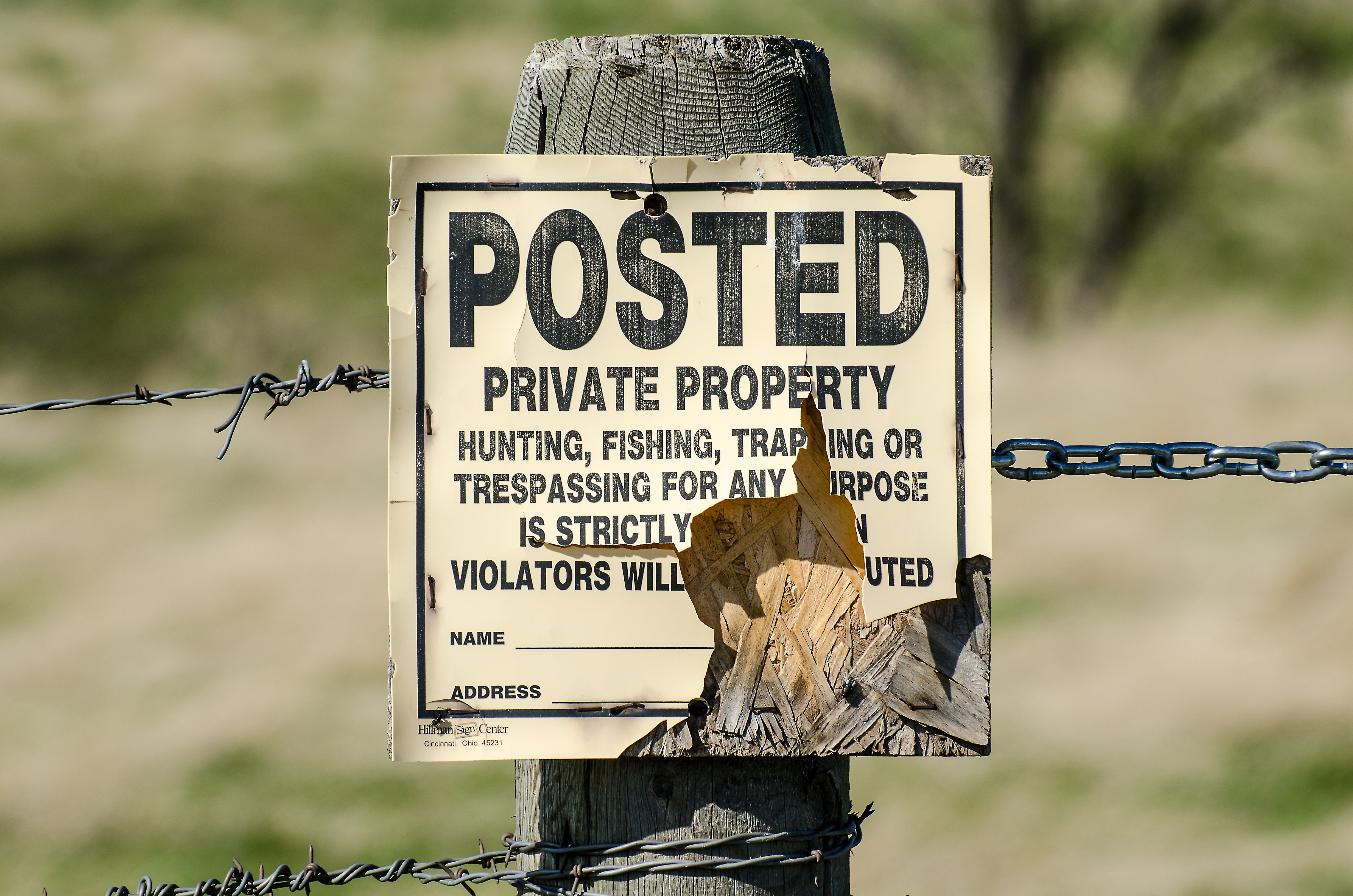Using the embedded player above, you can download the episode to your computer or listen to it here! Be sure to also subscribe on iTunes!
Key Points:
In this Episode, we again feature special guest and fellow mineral owner Justin Williams. This episode is a follow-up to Episode 7 where we talk about non-operated working interests for mineral owners. The situation where mineral owners have to make a decision on whether or not to participate in an oil and gas well is usually when faced with a forced pooling (aka “statutory pooling”) scenario. We talk about examples from Colorado so keep in mind that rules in your state may vary so check with your state’s oil and gas commission and get the help of a qualified attorney.
What is Forced Pooling?
- As covered Pooling in Episode 6: Leasing 101, pooling is the concept of combining small tracts or fractional interests in mineral rights into a single unit for the purposes of drilling a well.
- Statutory pooling or forced pooling is the process by which the interests of unleased mineral owners are pooled to allow for oil and gas development to occur.
- An operator will try to lease all mineral owners within a unit and the terms of the lease will grant the operator the right to pool their interests into a unit so that they can drill a well.
- Sometimes they can’t get this done because some mineral owners will not voluntarily lease their minerals or they simply cannot get a hold of all mineral owners (deceased, returned mail, etc.).
- Forced pooling occurs when the operator can’t voluntarily pool all mineral interests in a unit so that a well can be drilled. They utilize statutory law to obtain consent to pool these unleased tracts. The company will apply to the respective state agency that governs oil and gas to obtain what is called a “pooling order”. Forced pooling is also sometimes called statutory pooling.
How do you get into a situation where you are given notice that you mineral interest is included in a statutory pooling order application?
- Maybe you just inherited minerals and you are learning that they are included in a pooling order (the operator could not reach the person you inherited them from).
- You received a lease offer from the operator but you did not feel the terms of the lease were satisfactory so you declined to sign it.
What are my options if my minerals are included in a statutory pooling application?
- The company has certain requirements associated with a pooling application. In Colorado, you are required to make a reasonable offer to lease as well as provide a reasonable estimate for the cost associated with drilling a well.
- They will send via certified mail an election letter in a timeframe outlined by state law. Will usually describe the well or wells to be drilled including the legal description of the land that is being included in the spacing unit, the target formations, timeframe for drilling, etc.
- The election letter will usually contain the lease offer, well proposal (aka AFE (Episode 7)), and operating agreement (should you elect to participate) as well as instructions as to what to do in each scenario. You will be given a certain amount of time to make a decision.
How Many Options do you Typically Have to Choose From?
-
Lease Your Minerals
- Election letter will usually contain an offer to lease (lease bonus amount + along with paid up oil and gas lease that outlines the terms).
- If you deem the offer reasonable you can elect to sign the lease and return it to the company. (Be sure to talk to an attorney if you are unsure about terms, etc.) Listen to ep 6 about top 5 lease terms to look for.
-
Elect to Participate in the Well (covered in Episode 7)
- As covered in Episode 7 – participating in a well means that you elect to financially contribute to the direct costs of drilling & completing the well in exchange for a % interest in that well.
- If you do decide to do this, hire an attorney to help.
- How much might you have to pay? For example, if you own 320 net mineral acres in a 640 acre drilling spacing unit, you would own 1/2 of the proportionate share in that DSU. If you elect to participate, you would be responsible for 1/2 of the costs to drill and complete and then operate that well. You would then be entitled to 1/2 of the production from that well over the life of the well.
- To put this in perspective vs. leasing at say 20% where you would be entitled to 320 / 640 or 1/2 x 20% or 10% of the production of that well as a leased mineral owner.
-
Elect to go Non-Consent (again, covered in Episode 7)
- Where you make an affirmative election to NOT participate in the well prior to the hearing.
- Election letter will outline the non-consent penalty (e.g. 300%)- again listen to episode 7 about working interest for more info about this.
-
Forced Pooled
- Let’s call it the 4th option, but if you do not choose any of the previously discussed options within the timeframe outlined in the pooling application, you are effectively electing to be forced pooled and be subject to statutory royalty rate and have your working interest be subject to state statutory pooling laws.
- Most States statutory royalty rate is 1/8
- Typically you can get a better royalty rate by electing to lease your minerals.
If you still don’t believe the lease offer is reasonable or if you have another issue, then you may file a protest. In Colorado this must be done at least 14 business days before the hearing date.
- Colorado is in the process of implementing changes to the pooling statute to help clarify the COGCC’s rules and the process used to manage hearings. Senate bill 18-230 signed into law by governor on 6/1/18. Does some things such as give the mineral owner longer to make a decision (from 35 days to 60 days).
Colorado statute: §34-60-116, C.R.S.,
Other States and Information:
- Oklahoma: https://www.occeweb.com/ap/pooling.html
- Colorado: http://cogcc.state.co.us/reg.html#/rules/hearingprocessrulemaking
This information is being shared for educational purposes only. This is not to be construed as legal advice! When in doubt consult an attorney in your state that is experienced in mineral law.
Thanks for Listening!
To share your thoughts:
- Leave a comment or question below (we read each one and your question may be featured in a future episode)!
- Ask a question or leave us feedback via email or voicemail: (720) 580-2088.
To help out the show:
- Leave an honest review on iTunes. Your ratings and reviews really help and I read each one.
- Subscribe on iTunes
Thanks again to Justin Williams for joining me this week and providing the mineral owner’s perspective. Until next time!
Matt




